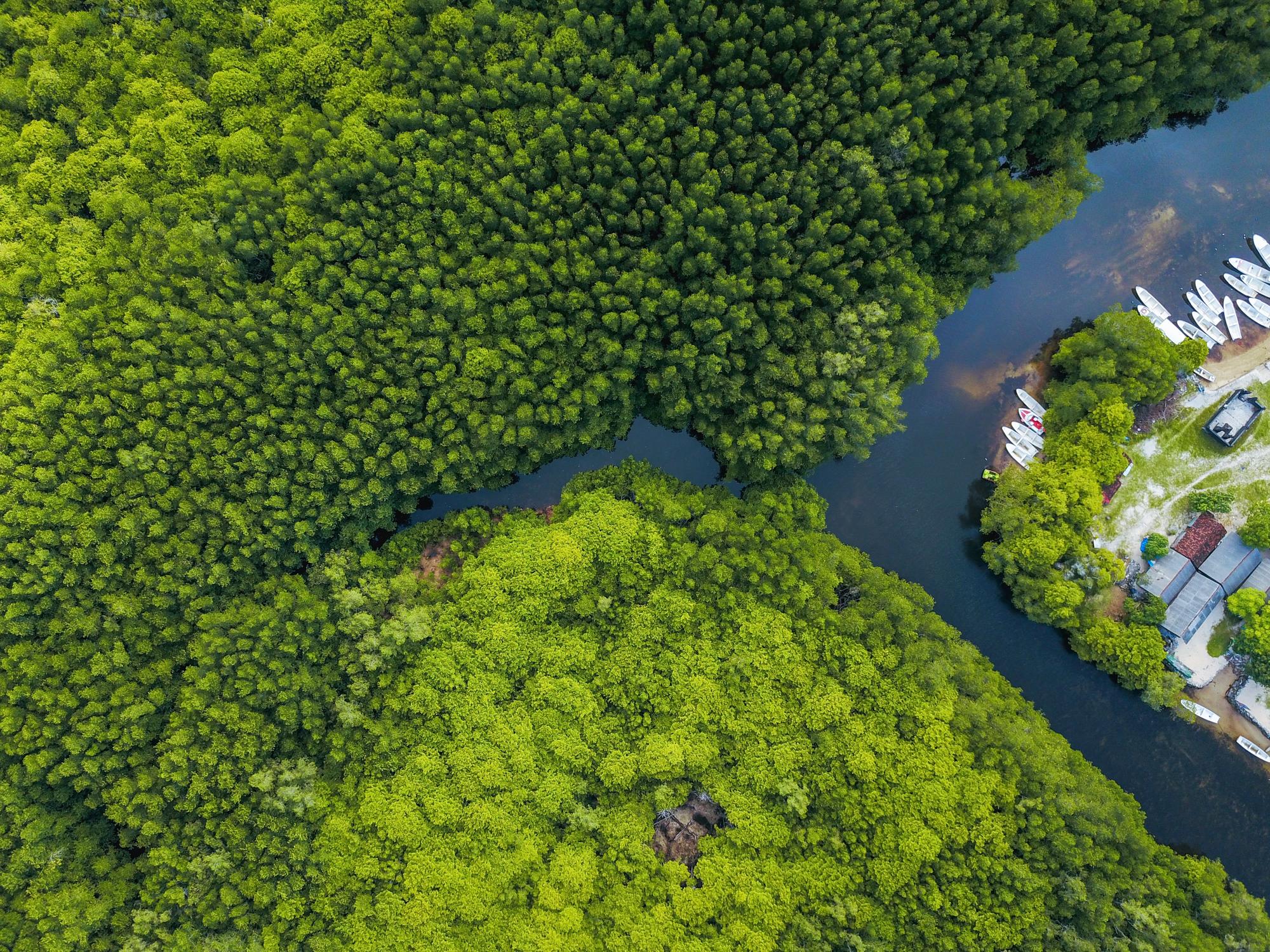Understanding the role of nature for climate adaptation
There is strong evidence that EbA can help people, and ecosystems themselves, adapt to climate change. And though many scientific studies support this assertion, something remains uncertain: the magnitude of the role ecosystems can play in climate adaptation. This uncertainty is a key barrier that limits the use and scaling of EbA. Given the urgency to address climate change, this barrier needs to be eliminated so that adaptation-focused nature-based solutions, from ecosystem conservation to restoration, can be deployed quickly and widely.
We are a) quantifying, at the global level, the number of people who are highly vulnerable to a variety of climate impacts (e.g., droughts, floods, coastal erosion, wildfires) using future climate projections; b) calculating how many highly vulnerable people could have their vulnerabilities reduced through the implementation of EbA; c) identify priority areas for the protection, restoration, and management of ecosystems that are critical for climate adaptation. This research will identify areas where adaptation is most needed and where nature has a critical role in helping people adapt to climate change.
